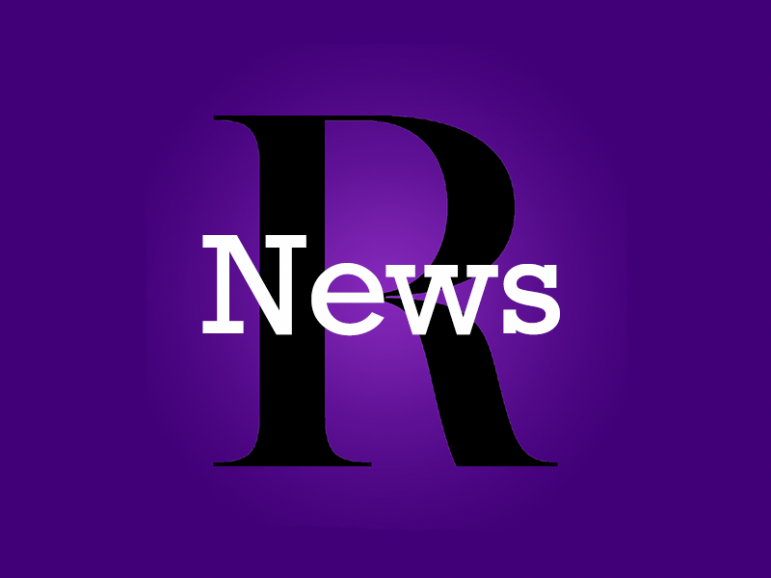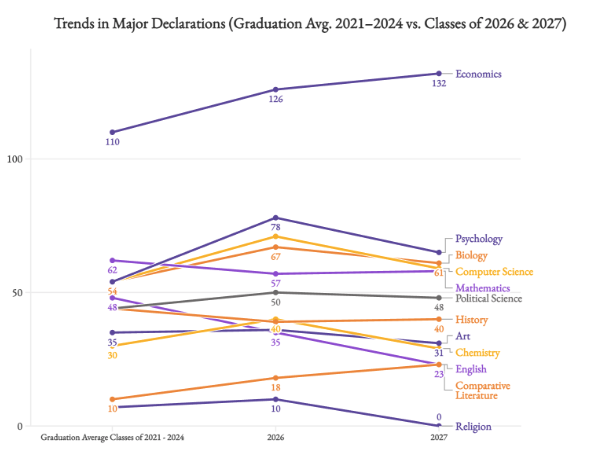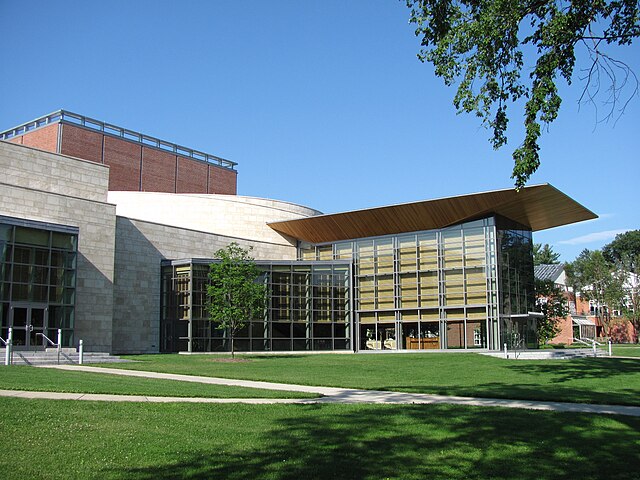
On Jan. 30, President Maud Mandel released the list of members on the committee formed in the wake of last semester’s campus conversation around free expression, hateful speech and the Chicago Principles.
Mandel created the Ad Hoc Committee on Inquiry and Inclusion with the charge of recommending, by this May, a set of guidelines for future speaker invitations. These recommendations may ultimately determine campus protocol regarding invitation and disinvitation of speakers deemed controversial or hateful. Committee members expressed optimism that, despite differing opinions on the Chicago Principles and speaker invitations, they could reach a consensus to elevate campus discourse while ensuring the safety of all community members.
The 13-member committee will consist of students, alums, faculty and staff, and it will be led by Jana Sawicki, chair of philosophy. Student members, who were selected by the College Council Appointments Committee, will be Michael Crisci ’21, Eli Miller ’21, Rachel Porter ’21 and Conrad Wahl ’20. The committee also includes alum Mark Robinson ’02, staff therapist Alysha Warren, Rabbi Seth Wax, librarian Hale Polebaum Freeman and four other professors in addition to Sawicki: Senior Lecturer in Dance Sandra Burton, Assistant Professor of American Studies Eli Nelson, Professor of Political Science Cheryl Shanks and Chair and Associate Professor of Physics Fred Strauch.
When Mandel first announced her intention to form a committee in a Nov. 27 email to the student body, she cited recent conversations around the invitation of speakers to campus. This message was issued in the wake of a campus-wide debate over a faculty-led petition to adopt the Chicago Principles and a student-led petition in opposition. The committee, as she saw it, was a way to bridge the gap between these differing viewpoints.
In a Jan. 9 email, while the committee’s roster was being formed, Mandel elaborated on the intent of the committee. “Williams, like other schools around the country, is debating how to uphold principles of open inquiry and free expression,” she wrote. “The debate has focused on how to do so while not providing a platform for hate speech, racism, or other forces that are corrosive to a learning community.”
She further framed the committee’s mission as seeking input from across the campus community to find a proper balance. Questions for committee discussion included the extent to which the College was responsible for exposing students to new ideas and giving students equal standing to debate them, the best kinds of presentations to enhance learning and the correct level of support for those wishing to bring speakers on campus.
In a collective statement to the Record, committee members emphasized the range of backgrounds included in its membership. “President Mandel’s process for constituting this group of faculty, student, staff and alum representatives involved allowing each group to use their own governing bodies to nominate potential members,” they said. “Working together as a committee will in fact involve establishing a working model of inclusive dialogue among a diverse group.”
Committee members also drew attention to their differing intellectual and philosophical backgrounds, as well as their wide range of attitudes toward the Chicago Statement. “Some of the committee members signed the faculty-led petition, some removed their names from it, some signed the student-led petition and some did not sign any,” they said, adding that their primary goal was to work toward consensus through an open and transparent process. Members declined to give personal views on the form of consensus that they would like to see reached, claiming that it was too early in the process to confidently say. Having all chosen to join the committee, however, members saw themselves as united in their shared interests in the nuances of expression on campus.
Strauch, who has previously helped organize events around free expression advocacy, saw this passion as a lifelong one. “Freedom of inquiry and expression has been a topic of some interest to myself and other faculty on campus for many years and personally dates back to my own days as a student at a liberal arts college,” he said.
The committee, in keeping with Mandel’s original vision, will also engage in outreach during its deliberations. “We have already begun soliciting and generating ideas and will have more information in the coming weeks,” committee members said. “We do know that we will be posting articles, policy statements, historical background materials and other resources on the Committee’s webpage so that everyone who is interested can be aware of the materials that we find relevant to our work. We welcome suggestions for posts from members of the community as well.”








